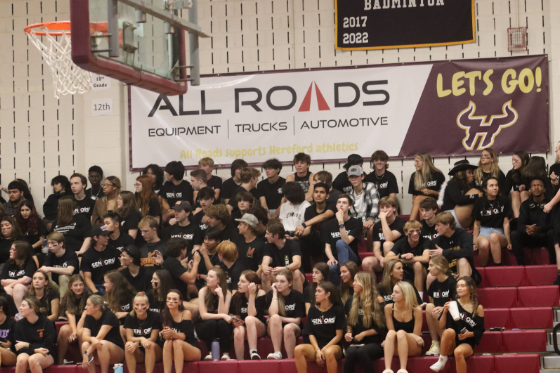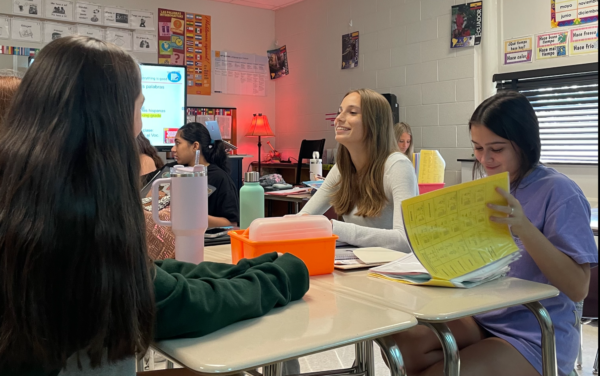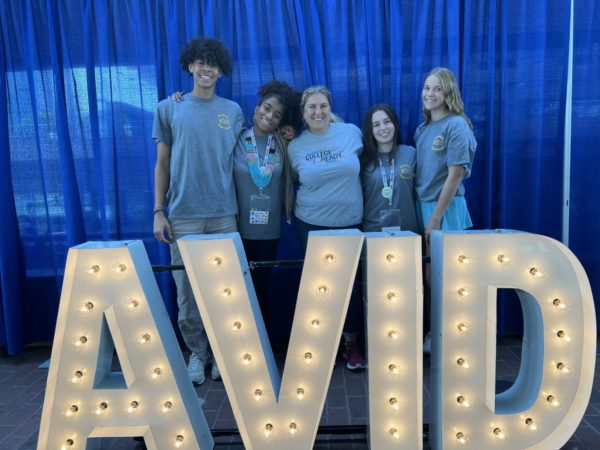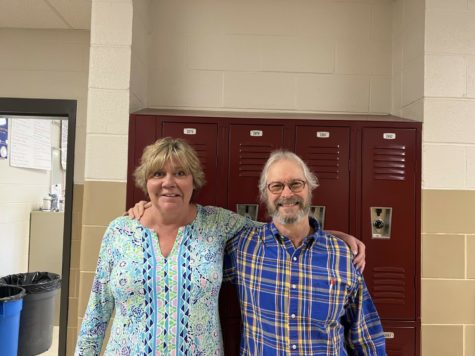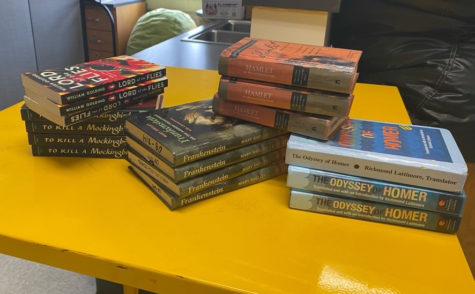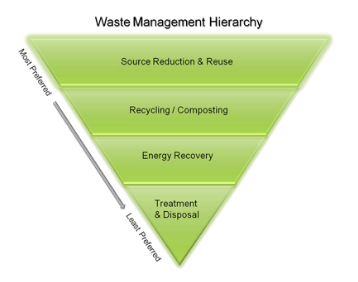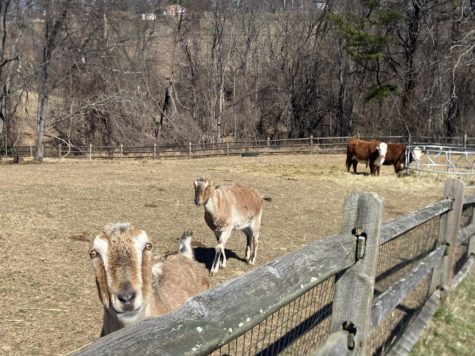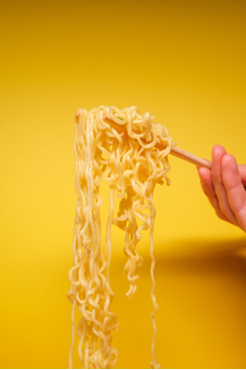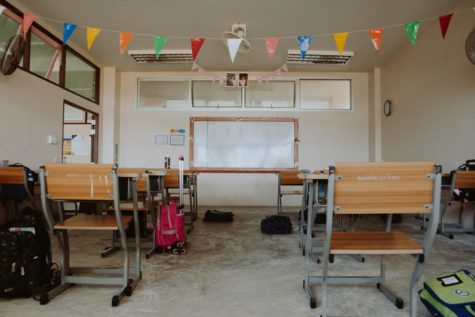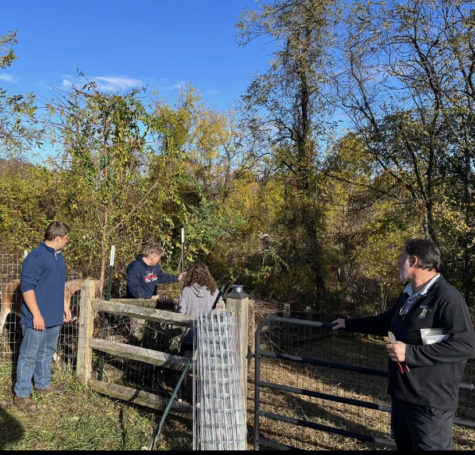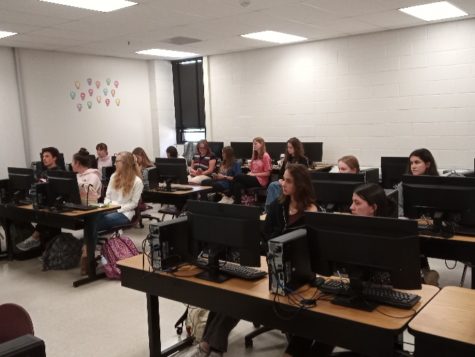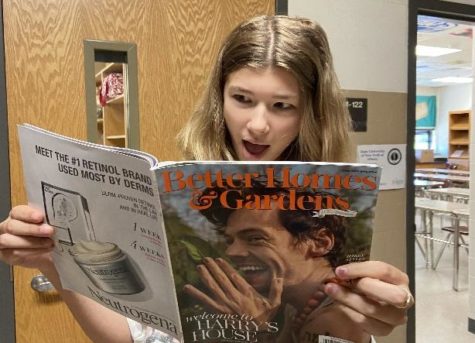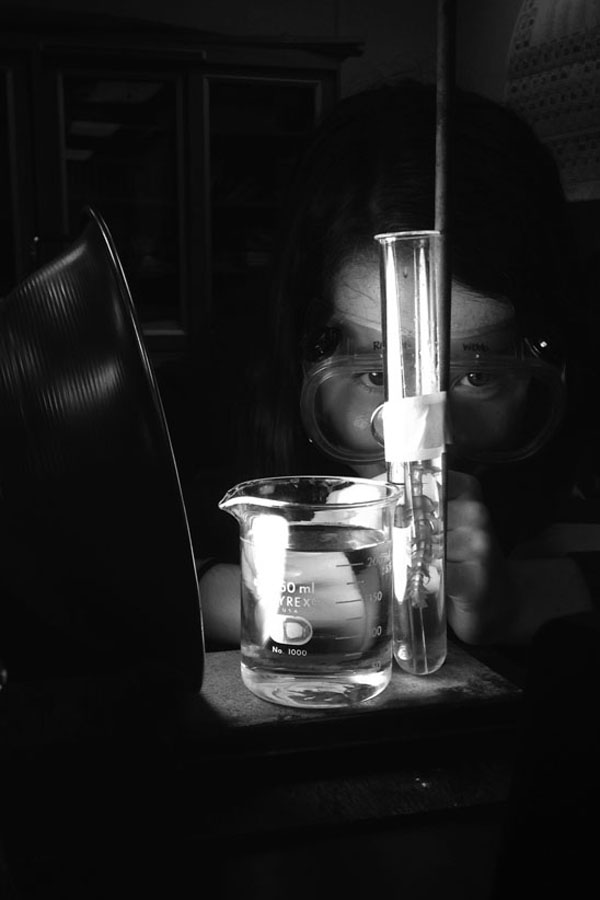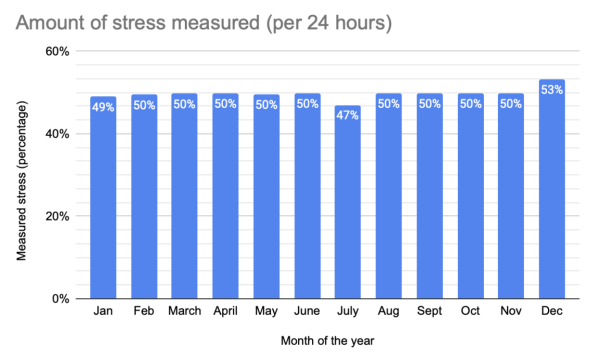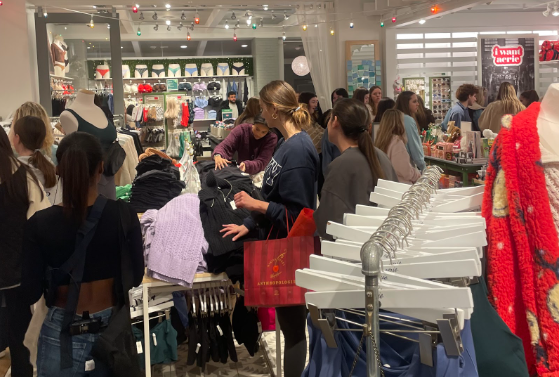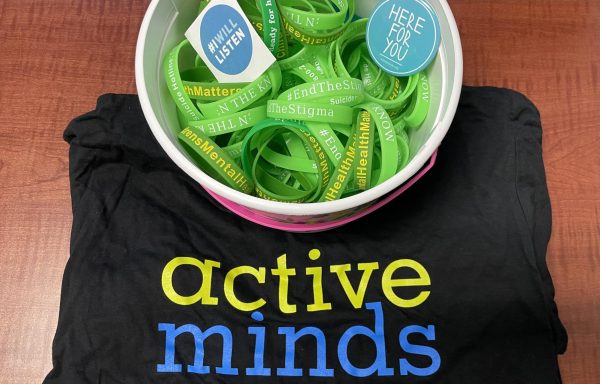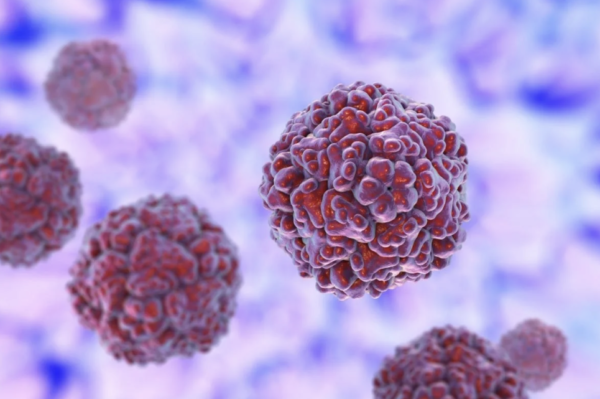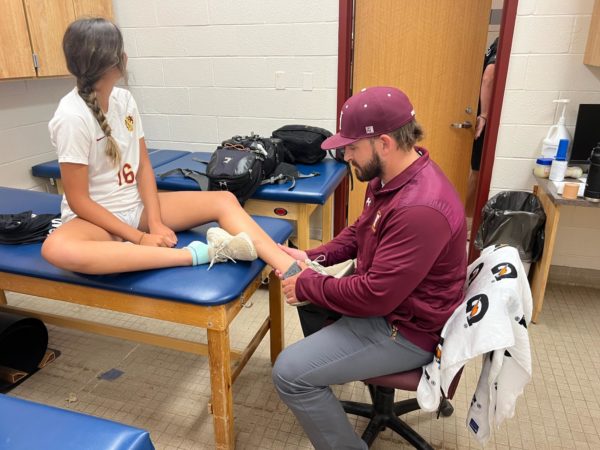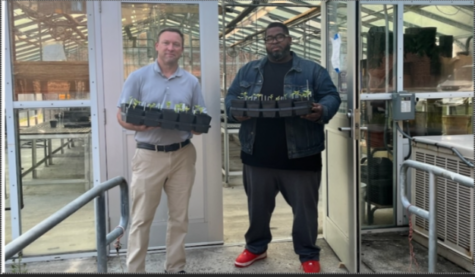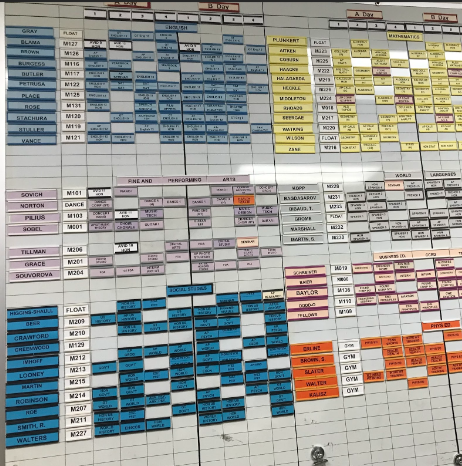Construction interferes with science labs
Shaina Lee (9) of Nancy Dinkins’ Biology class examines Elodea for evidence of photosynthesis. Many science students were disappointed upon learning of the propane issues resulting in fewer feasible labs this school year.
This school year, the construction on the school building has interfered with more than pathways around campus and classroom location. Currently, chemistry, biology, and other science classes are adjusting to consequences of a construction error in August 2013 hitting the propane line to the building, which was used to fuel Bunsen burners in science classes.
“May of last year, two propane tanks near the new science wings were shut down due to damage,” said Assistant Principal Joe Jira. “We relocated [the propane tanks] right across from the greenhouse. CAMP construction was given the duty to hook them back up, and they did. Another contractor doing electrical wiring underground hit the pipes.”
This caused damage so the propane had to be shut off. The pipes were repaired but they kept breaking, due to age.
Along with supplying propane for science labs, the propane tanks fire the hot water heaters in the building. This is why there has been no hot water in school this year.
The job was put out to bidding for the pipes to be replaced in September. The “whole system in is just about ready,” said Jira. They’re “laying in the pipe work now and it’s all approved.”
Last semester students were unable to participate in labs involving gas which is a large portion of all chemistry classes. These labs, which typically take up 20% of science teacher John Foster’s GT Chemistry classes, are unable to be executed by students. There are only about three to four labs that are able to be performed in the curriculum without gas.
“I really missed [the labs],” said former chemistry student, Emily Behan (10). “Labs could have enhanced our learning experience and helped us understand, in real life terms, what was going on.”
Teachers have to improvise in order to deliver the labs to students which will aid in their understanding of the content. “We did a lot of problem-solving to deal with [the lack of gas]. When it first happened [and] we had a lab that needed fire, we used candles instead. When we needed heat we used hot plates,” said science teacher Charlie Fluharty.
“I still learned fine but I feel like the labs would’ve added a nice real-life situation,” said Emily.
“[The students] haven’t missed out on anything because we problem-solved the idea like scientists do,” said Fluharty.



